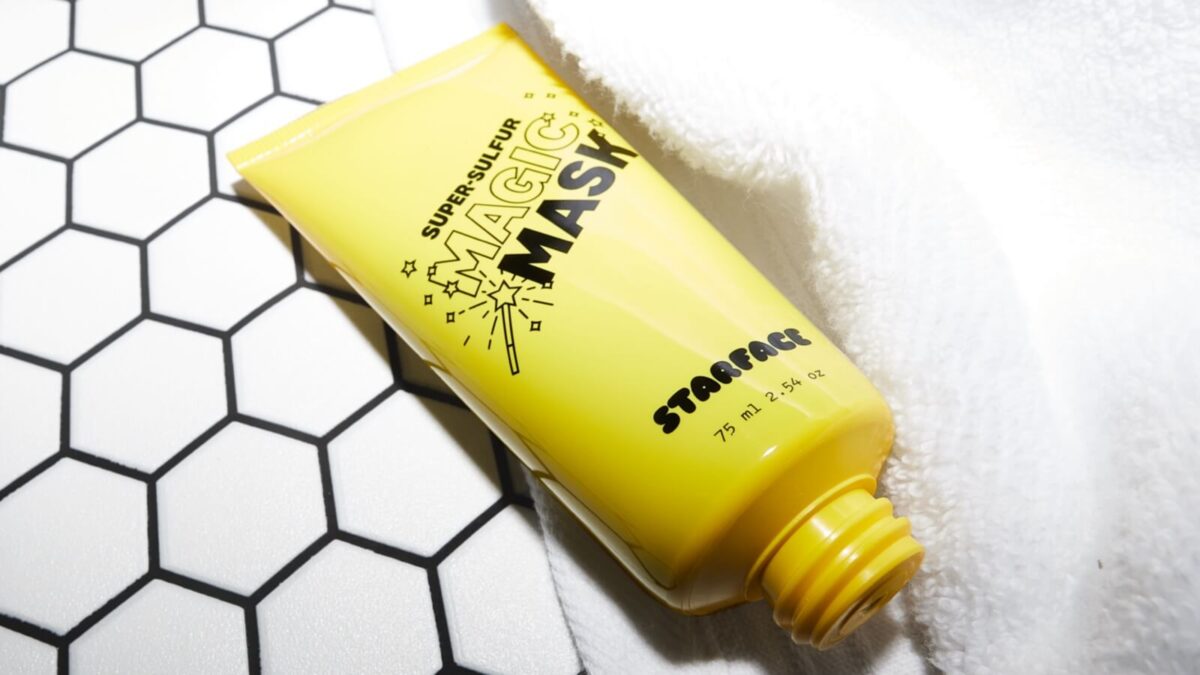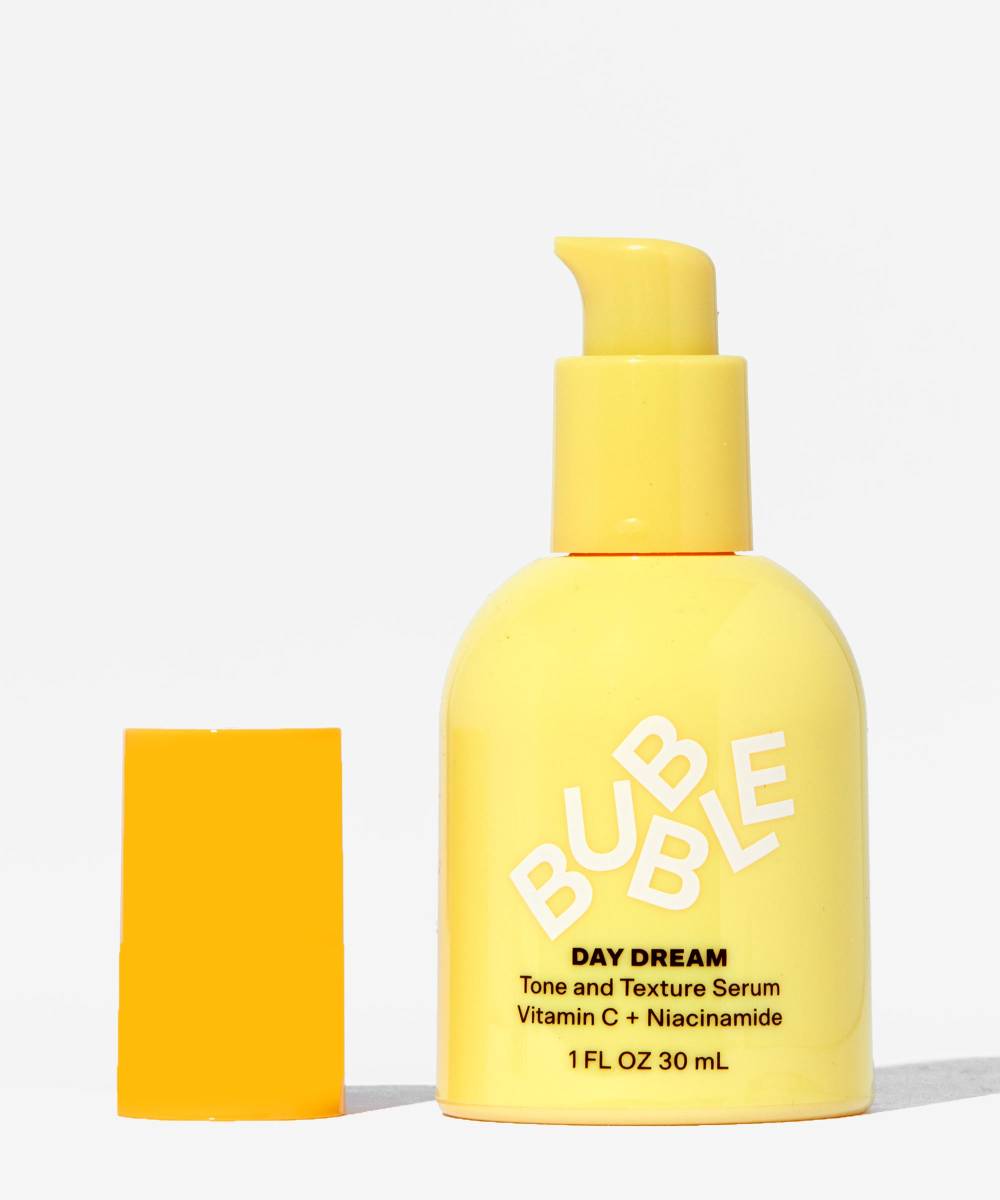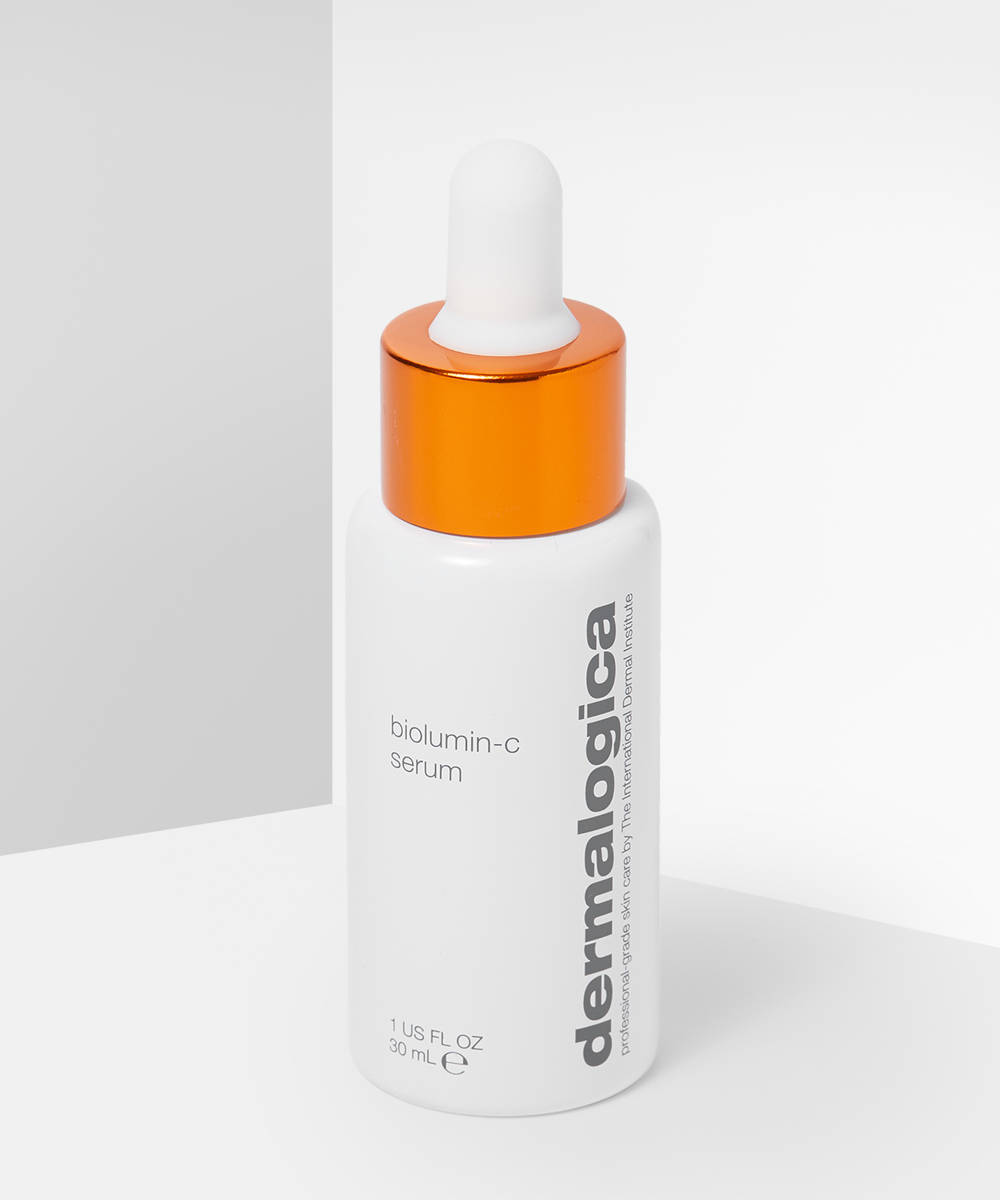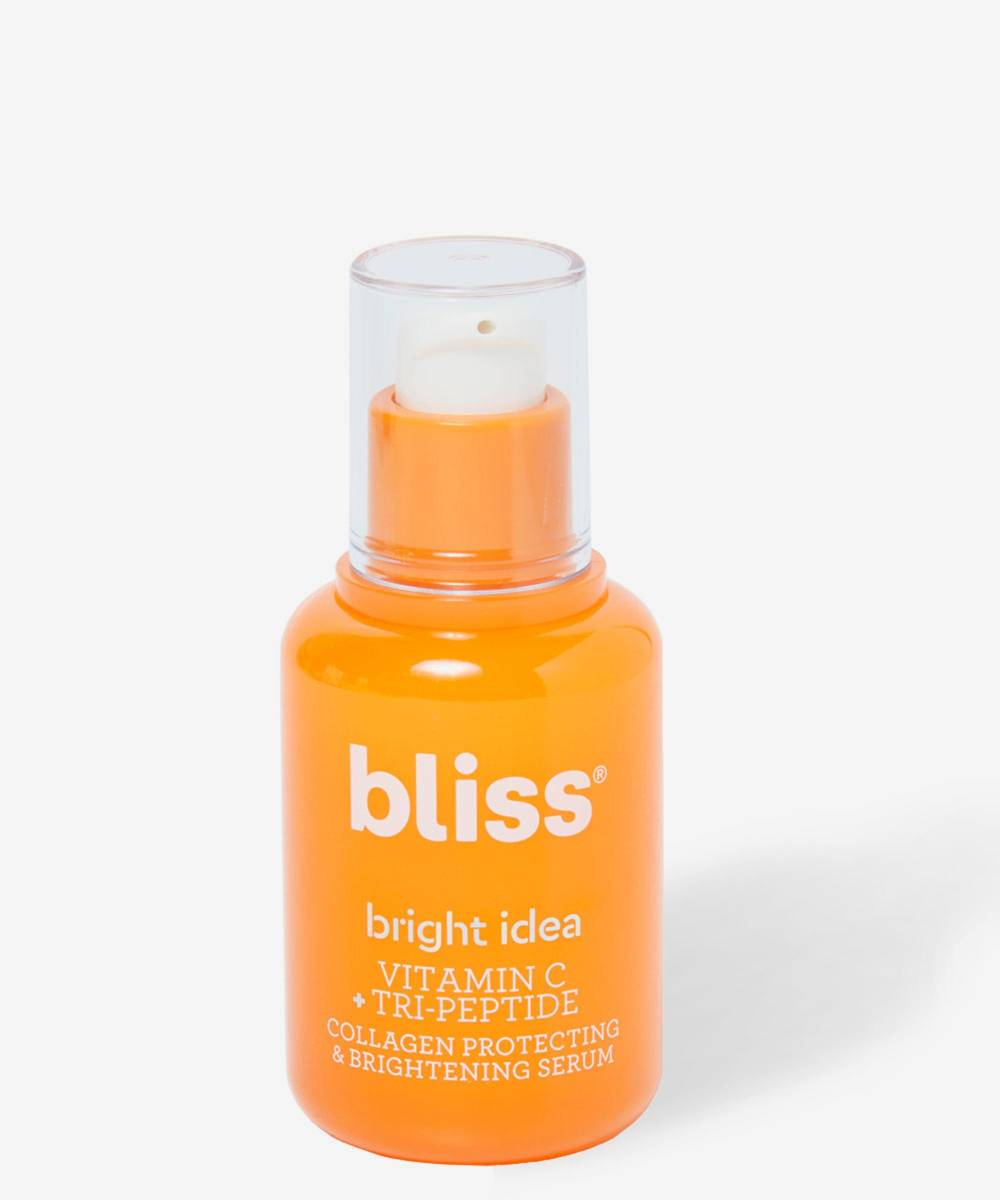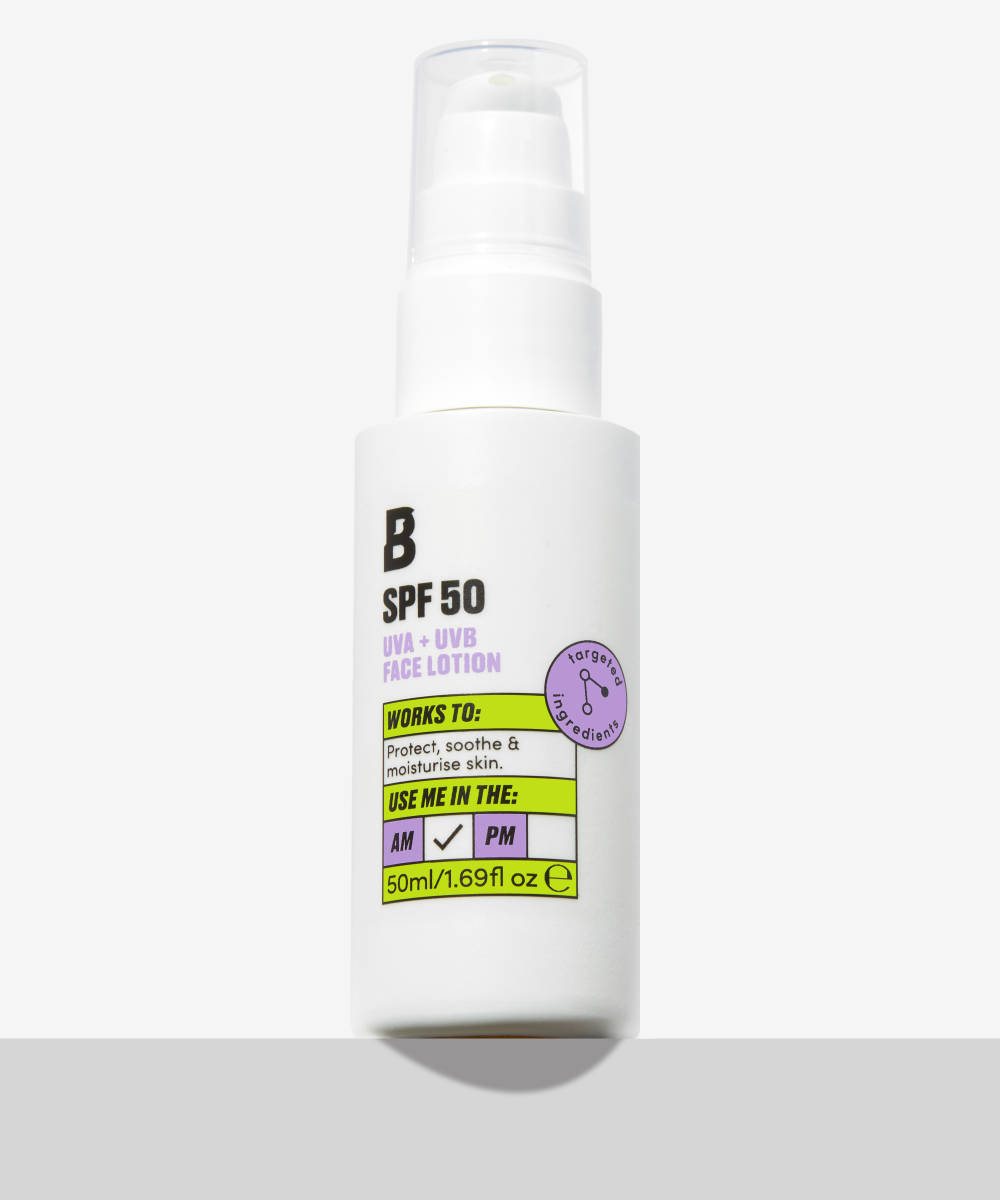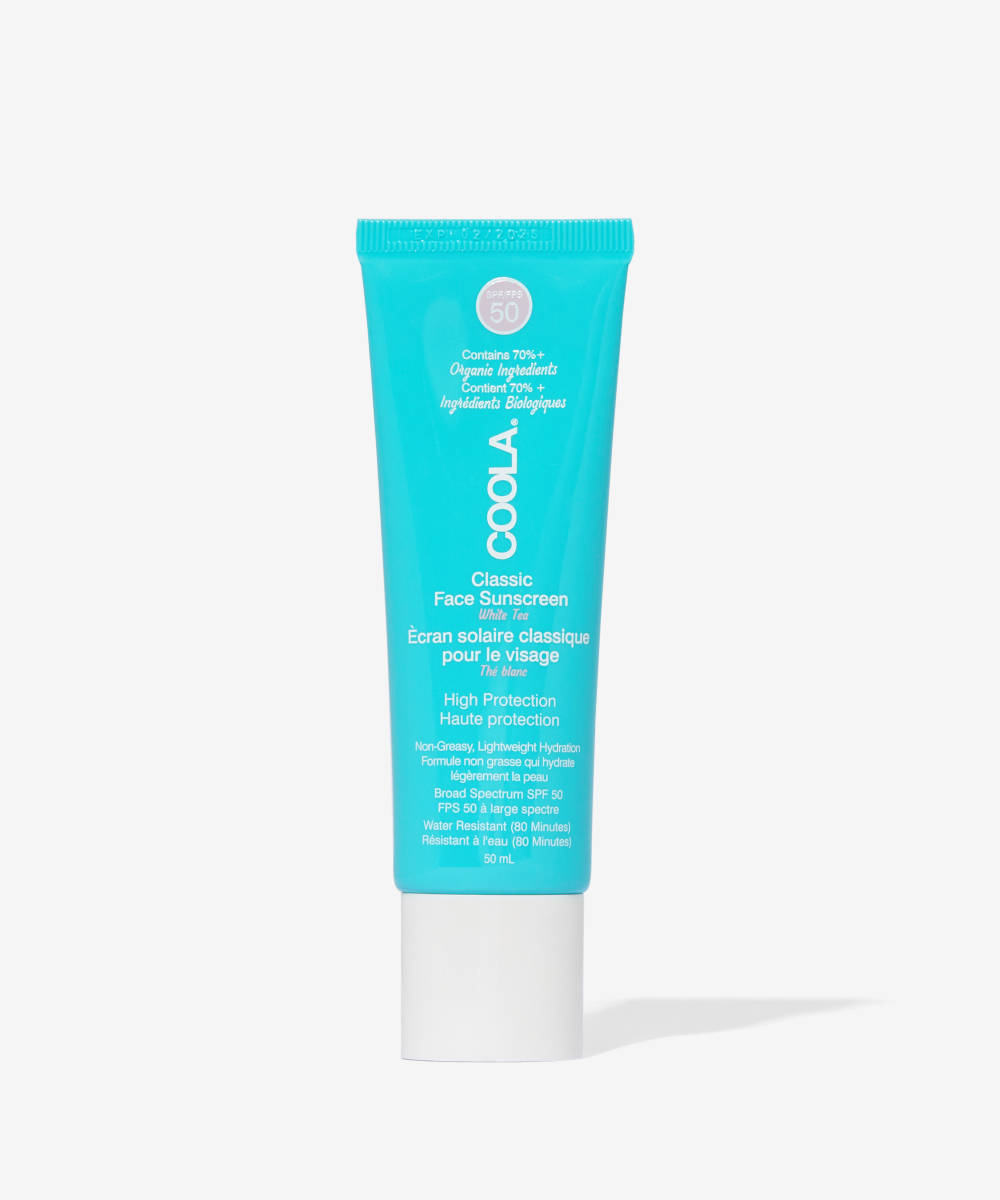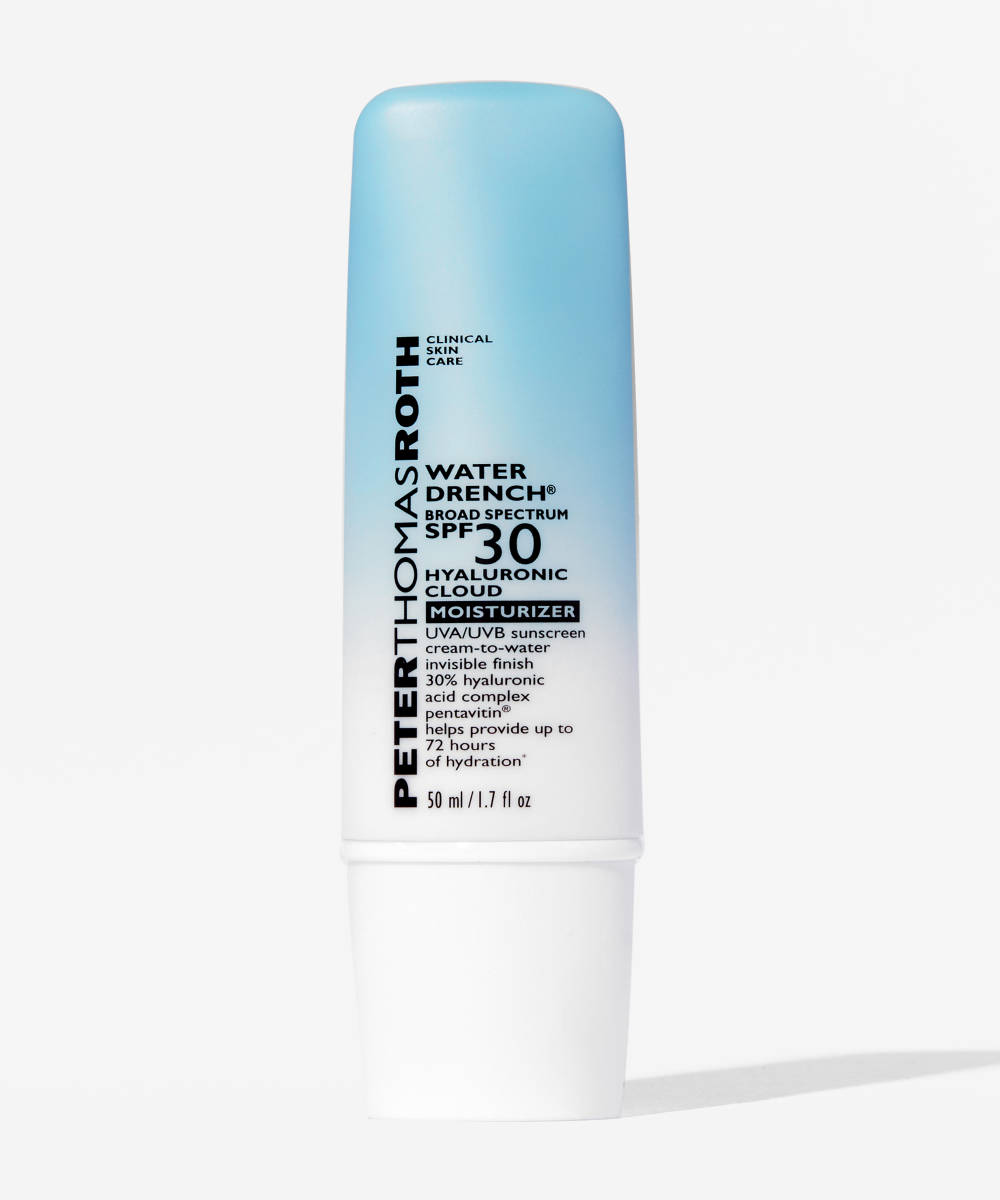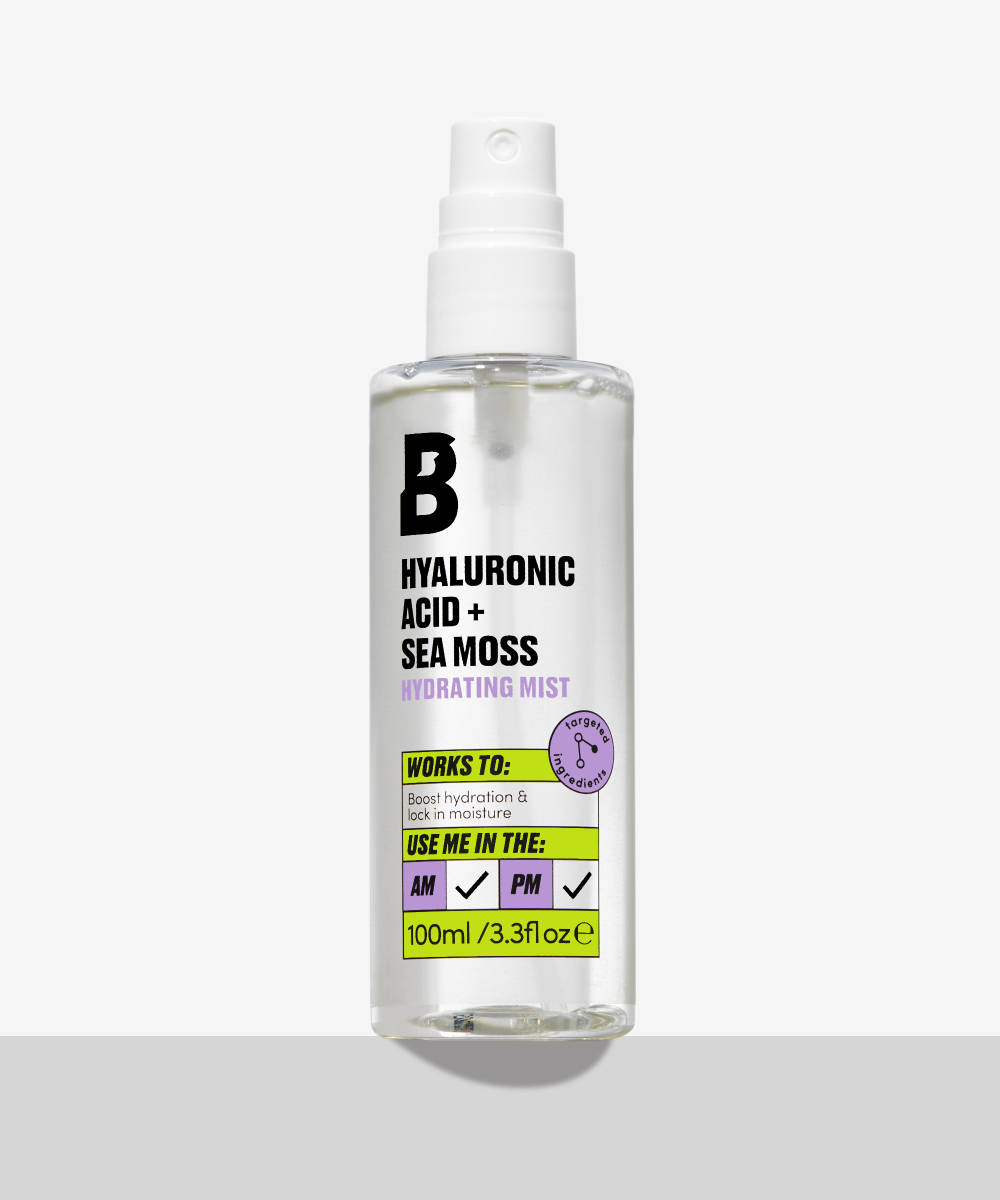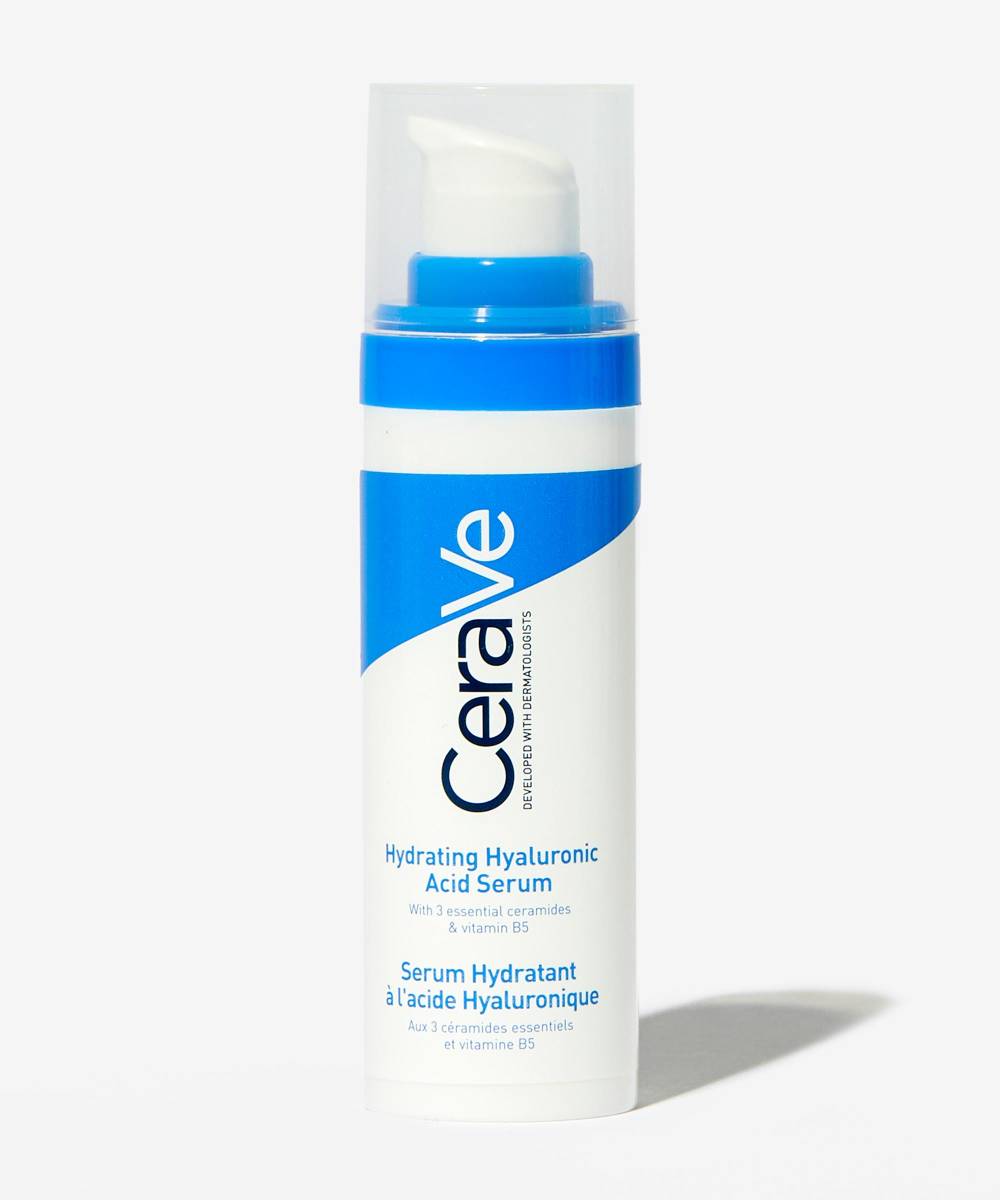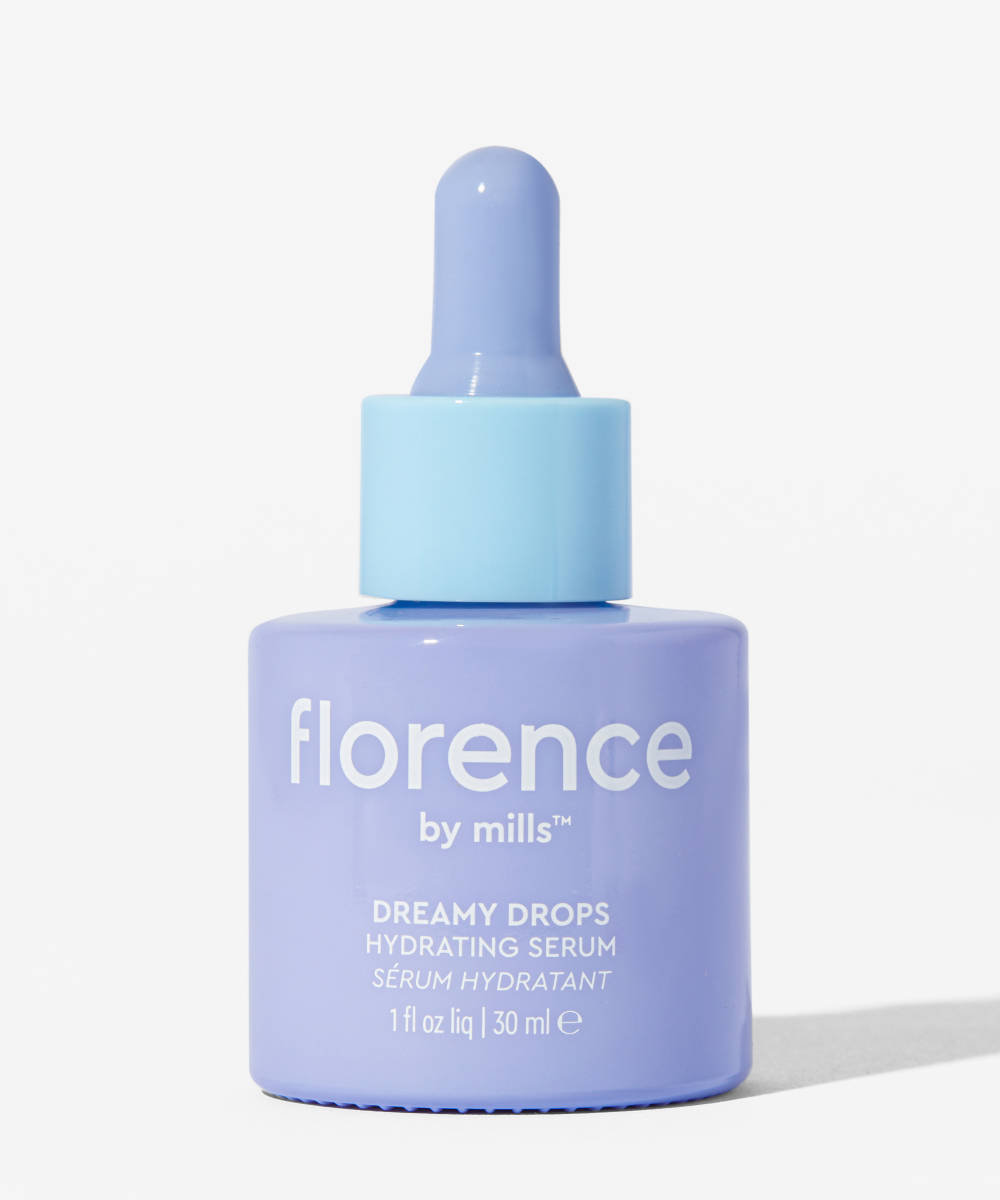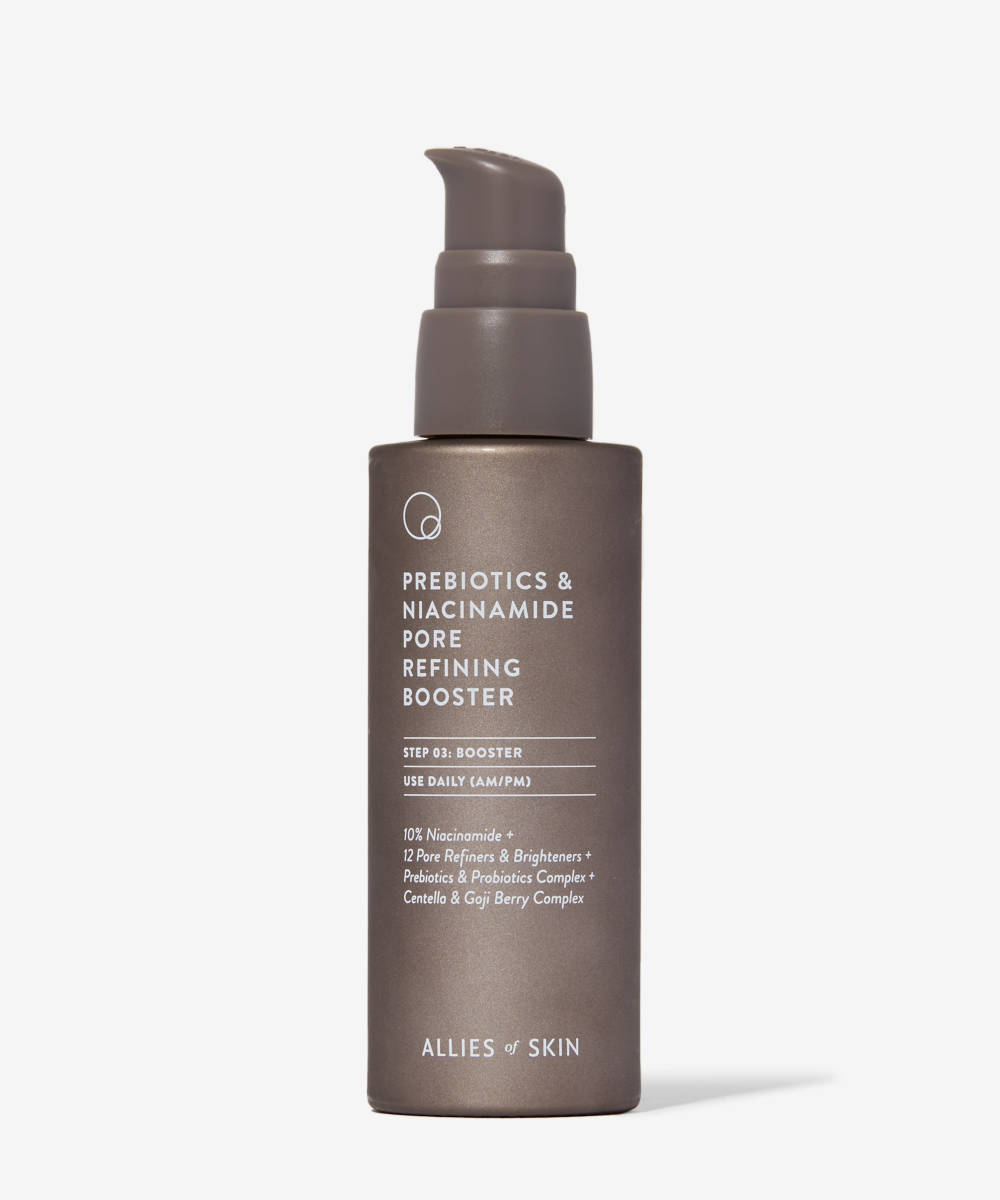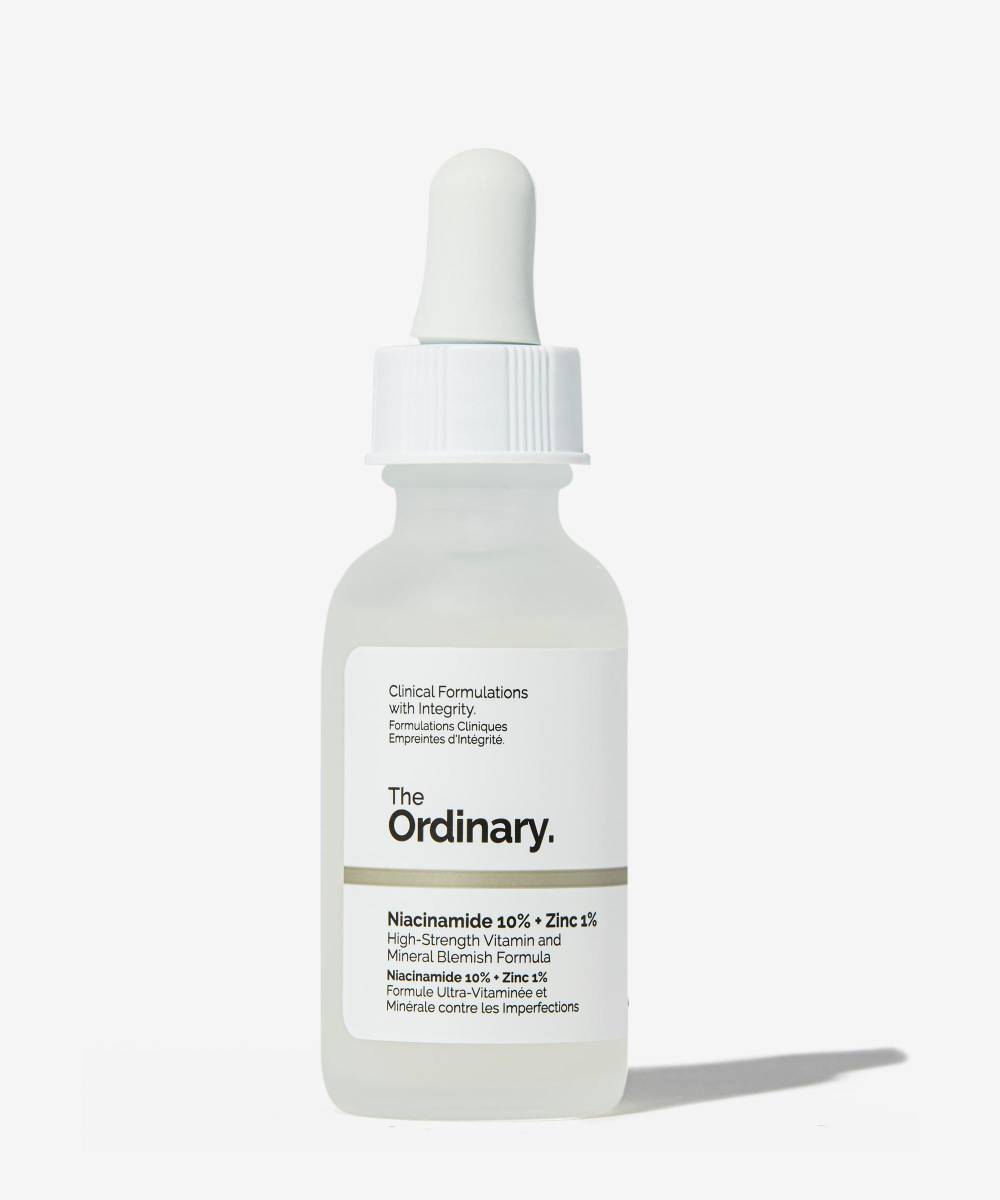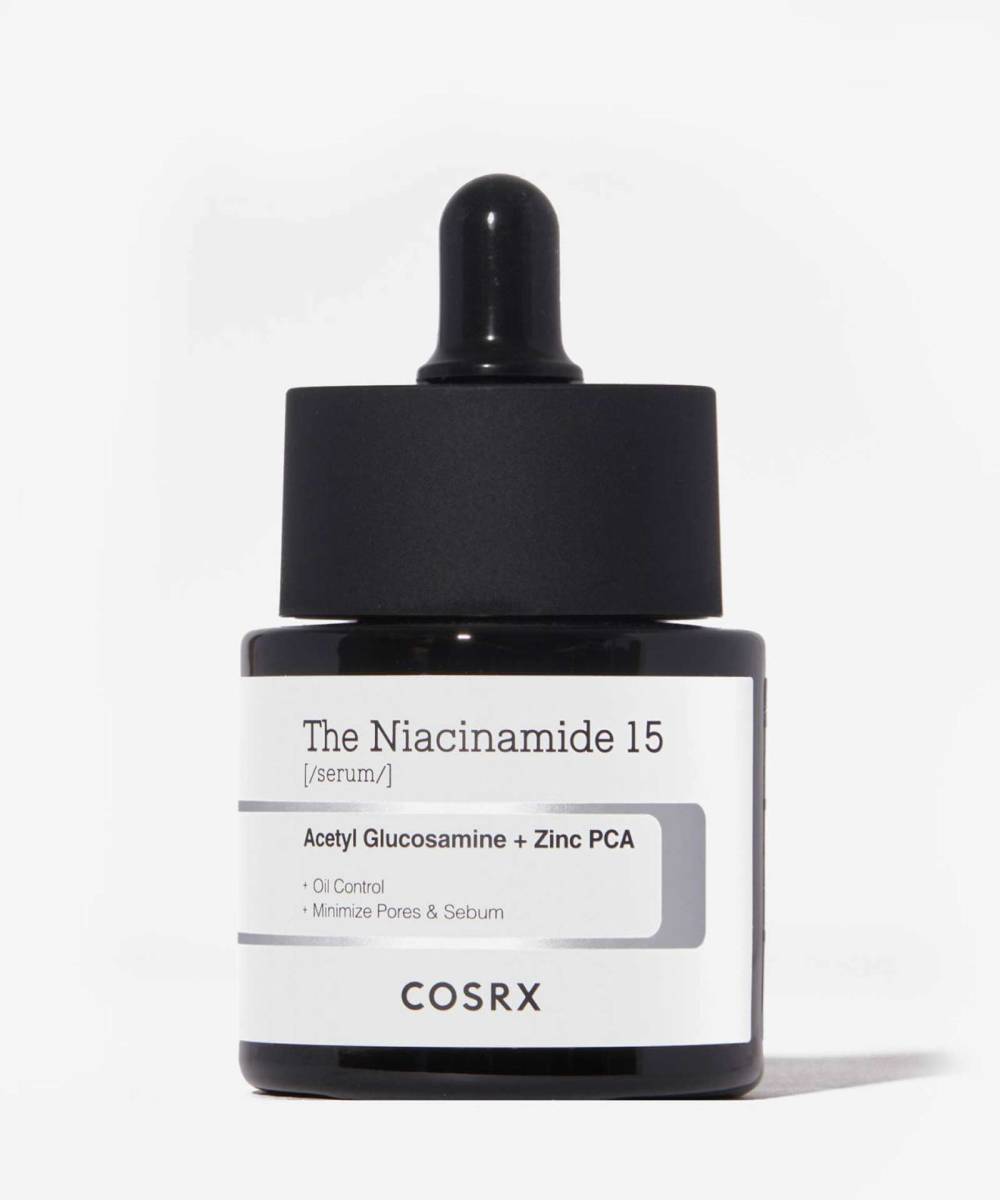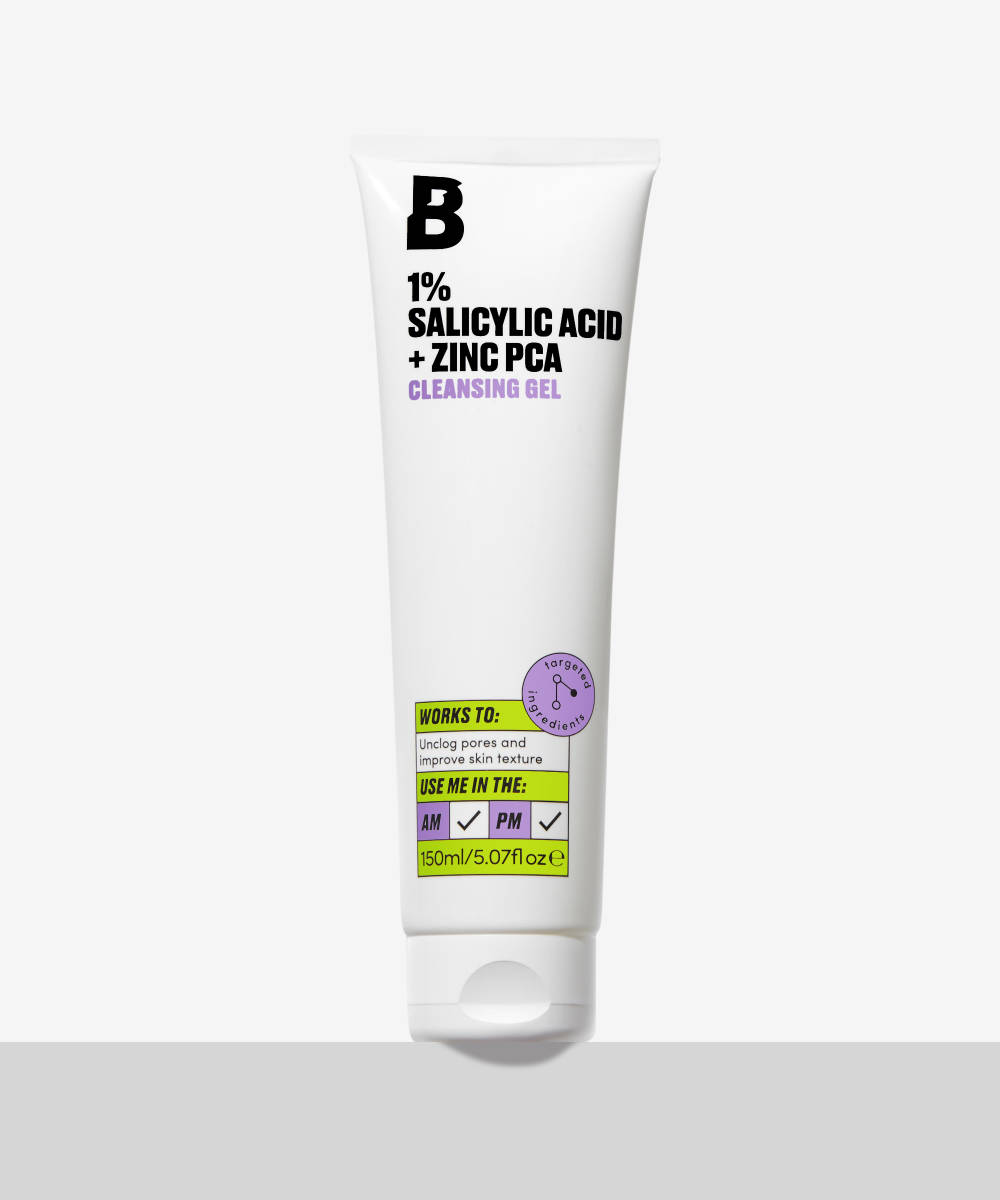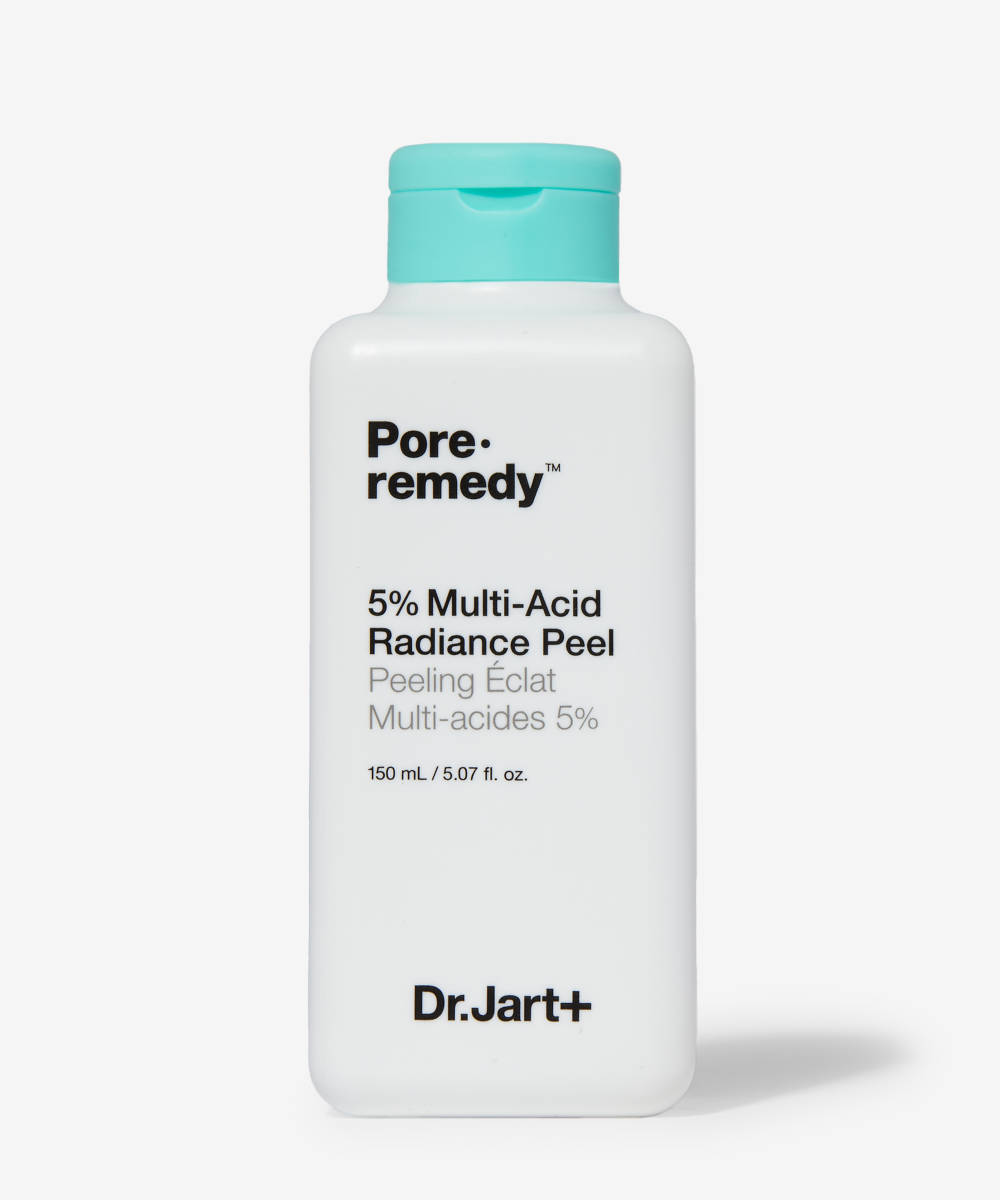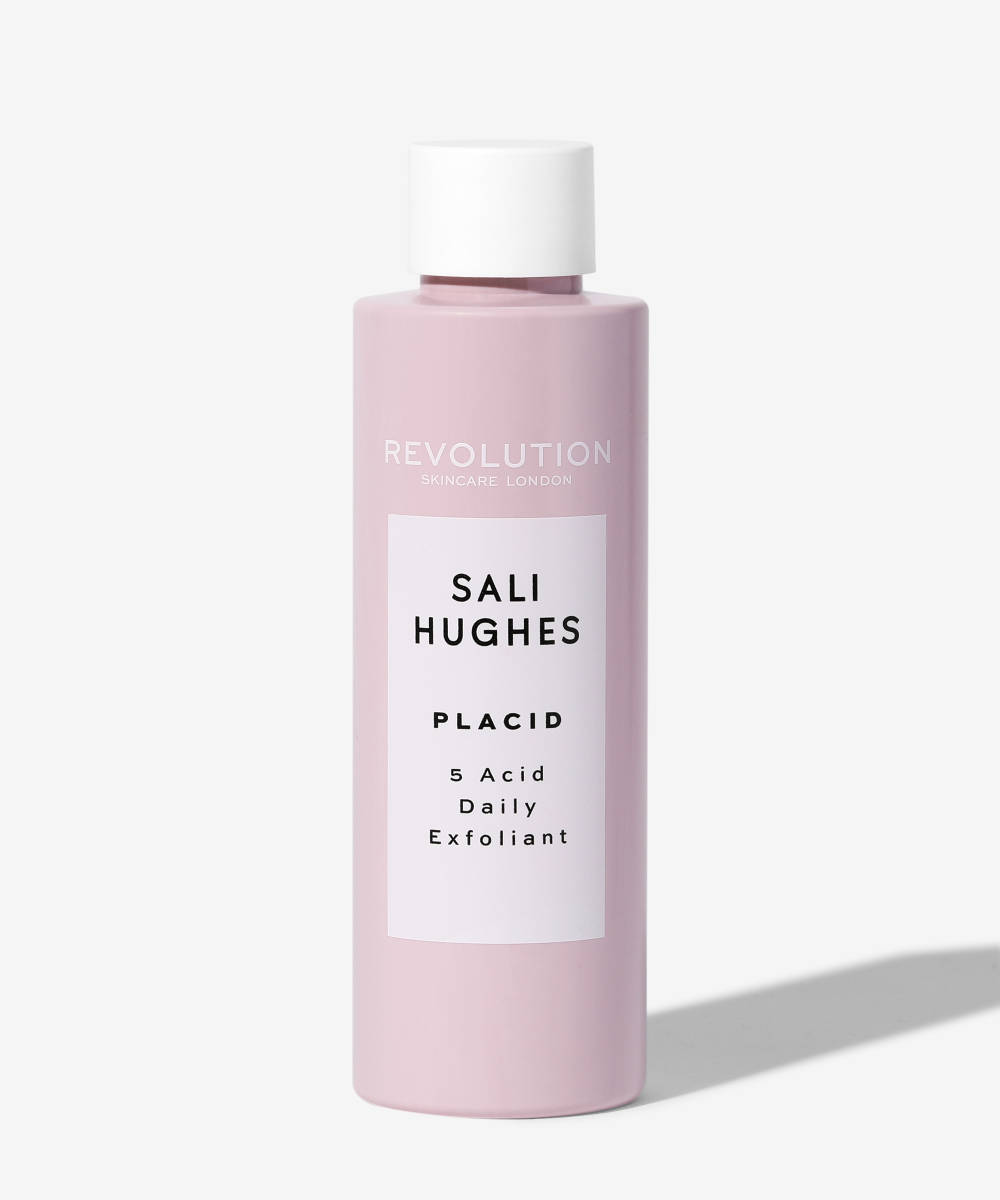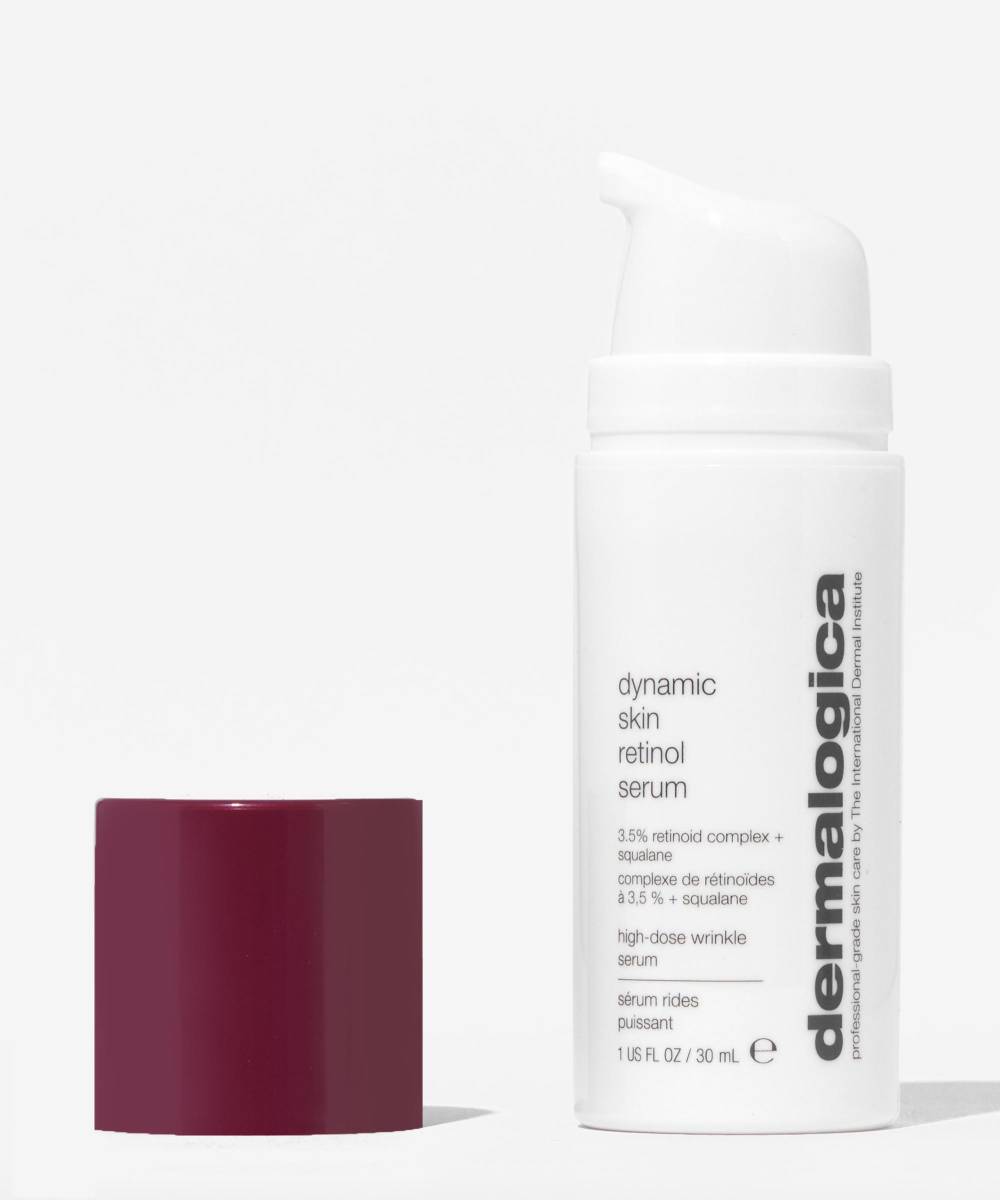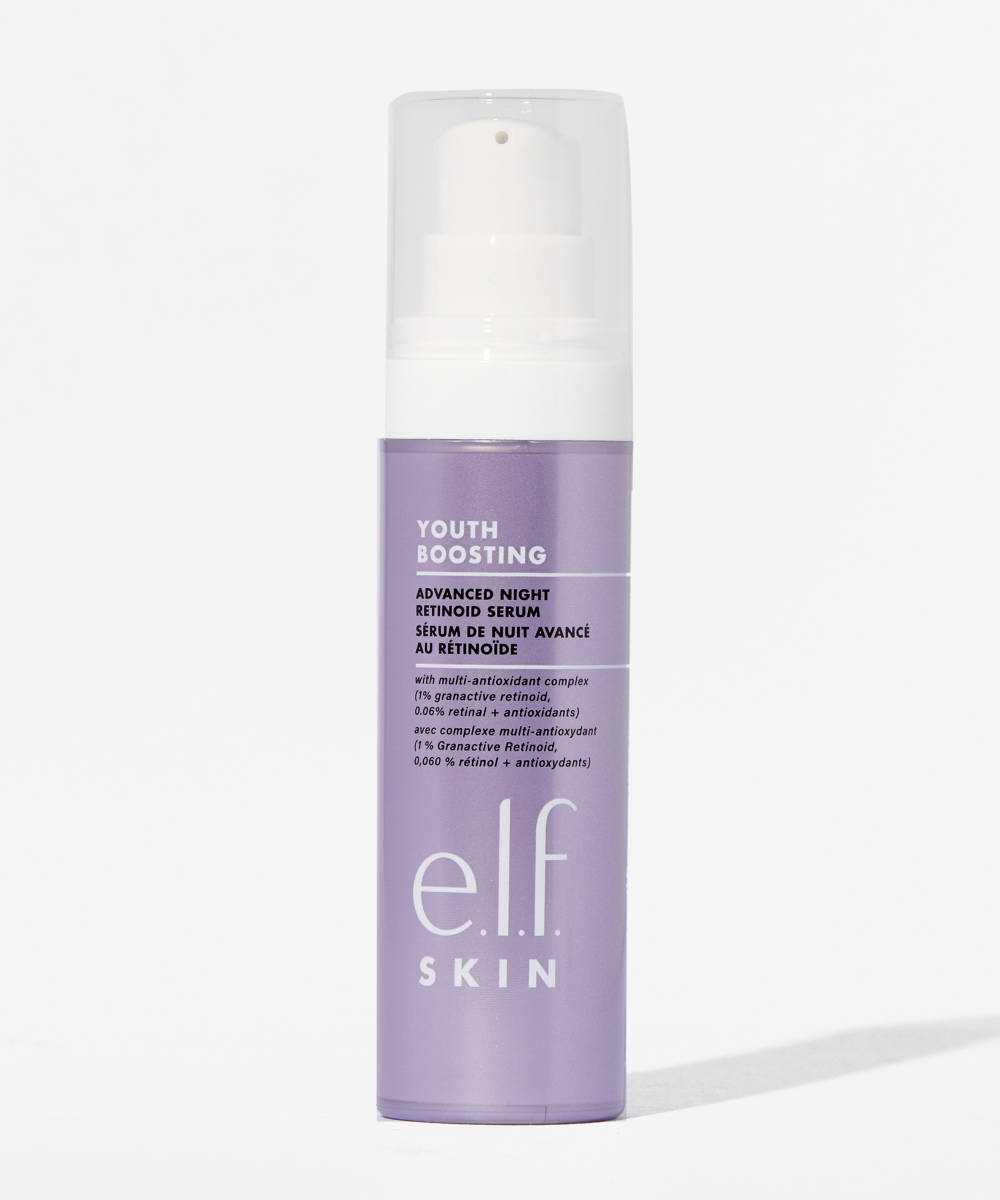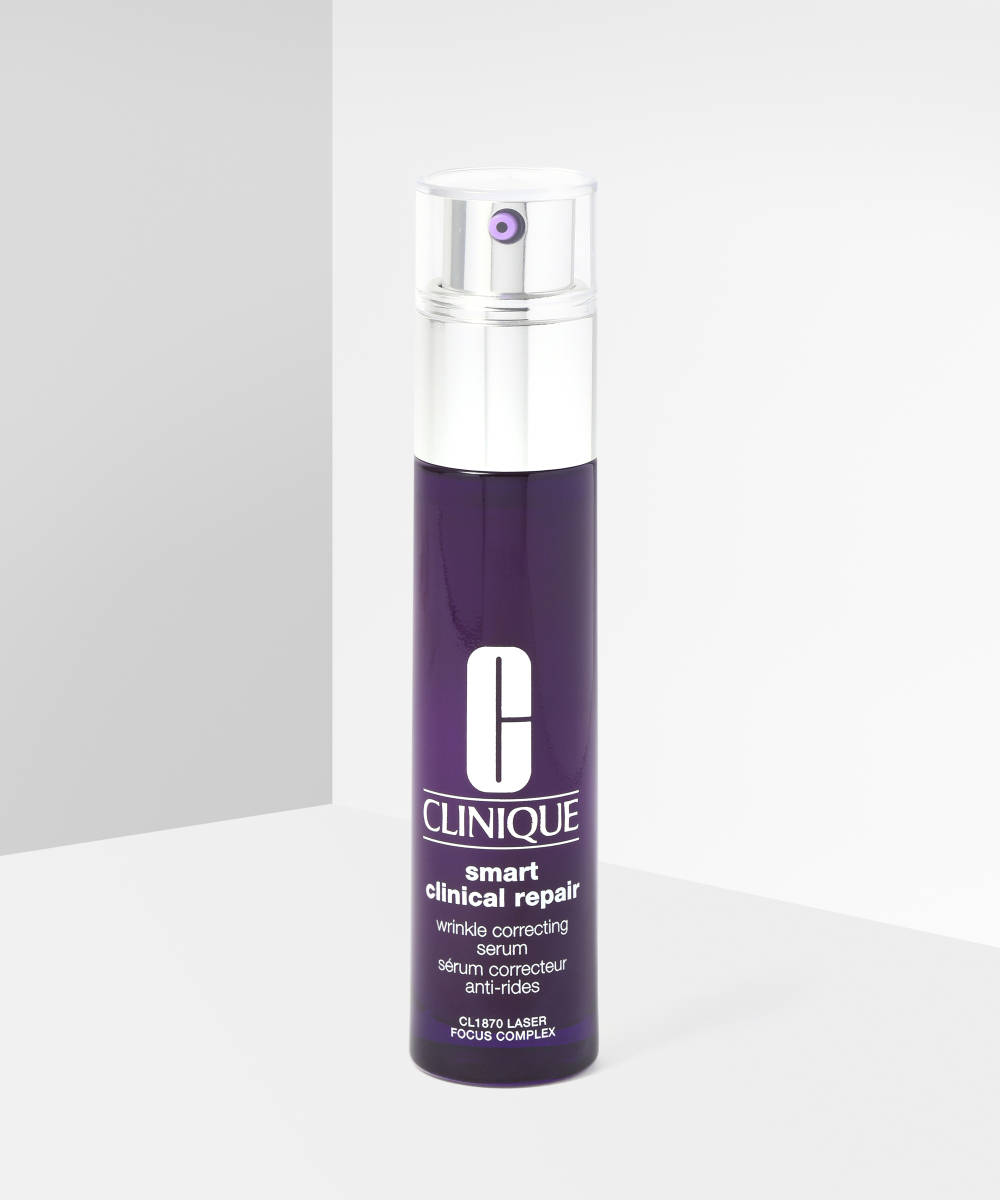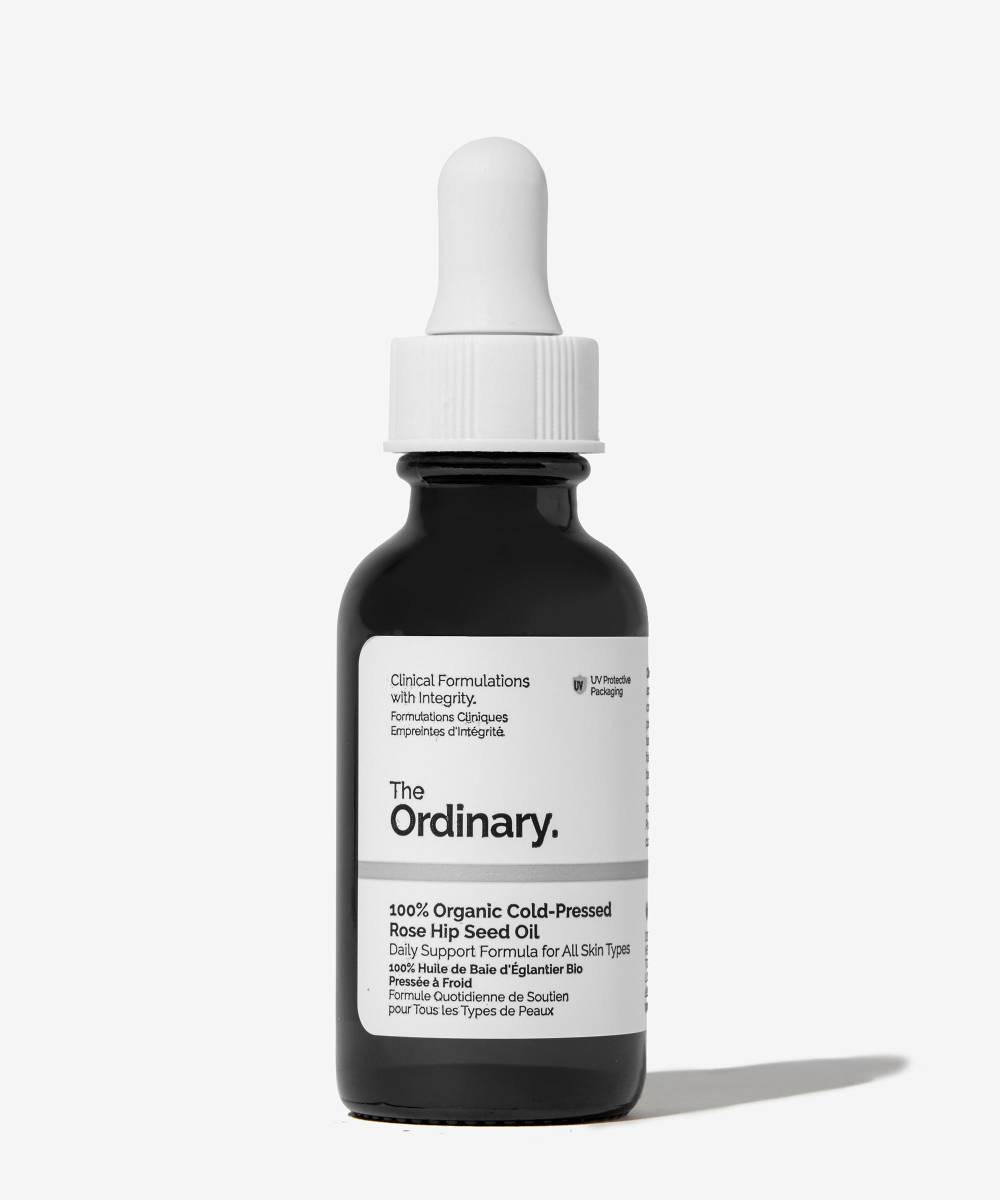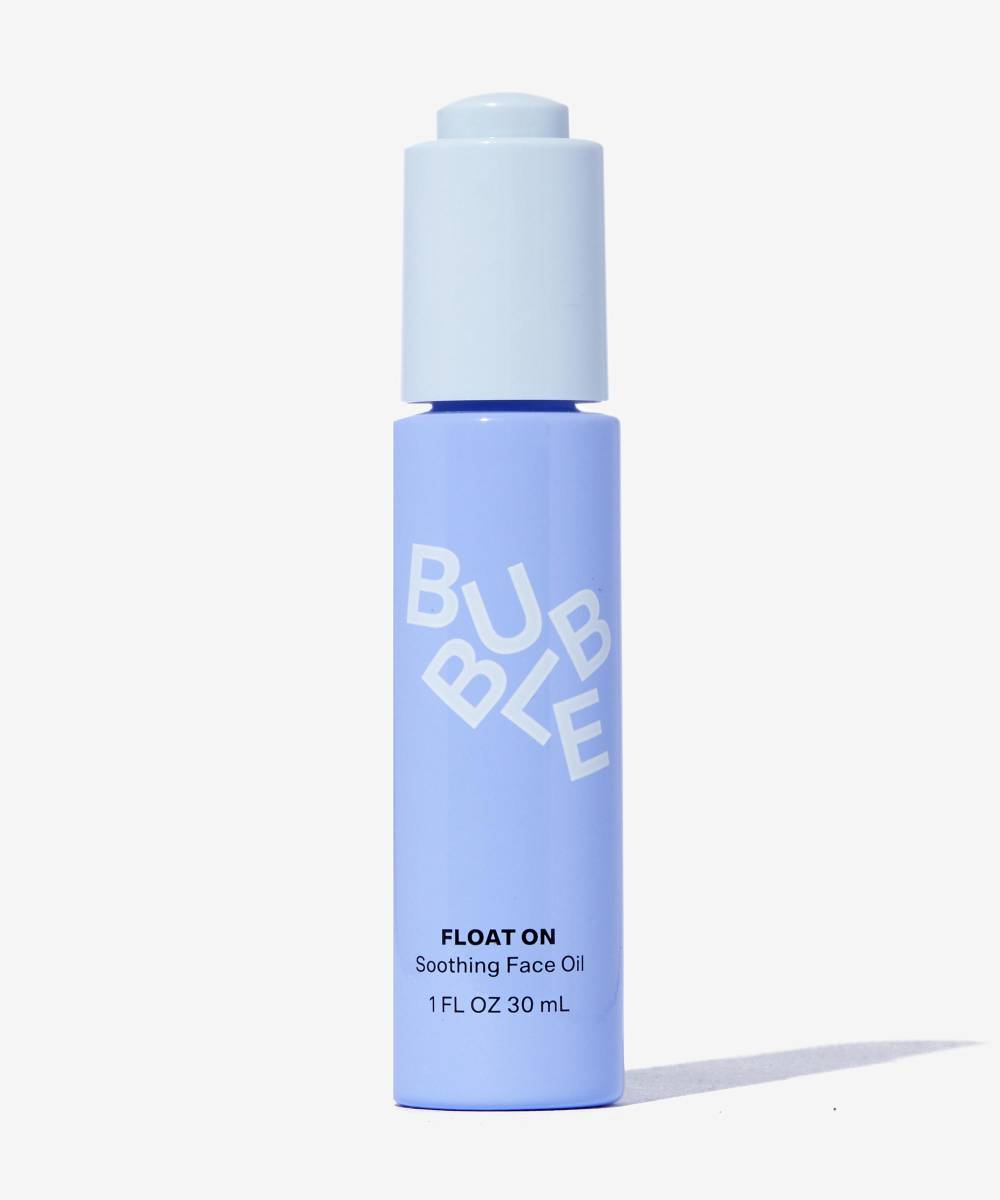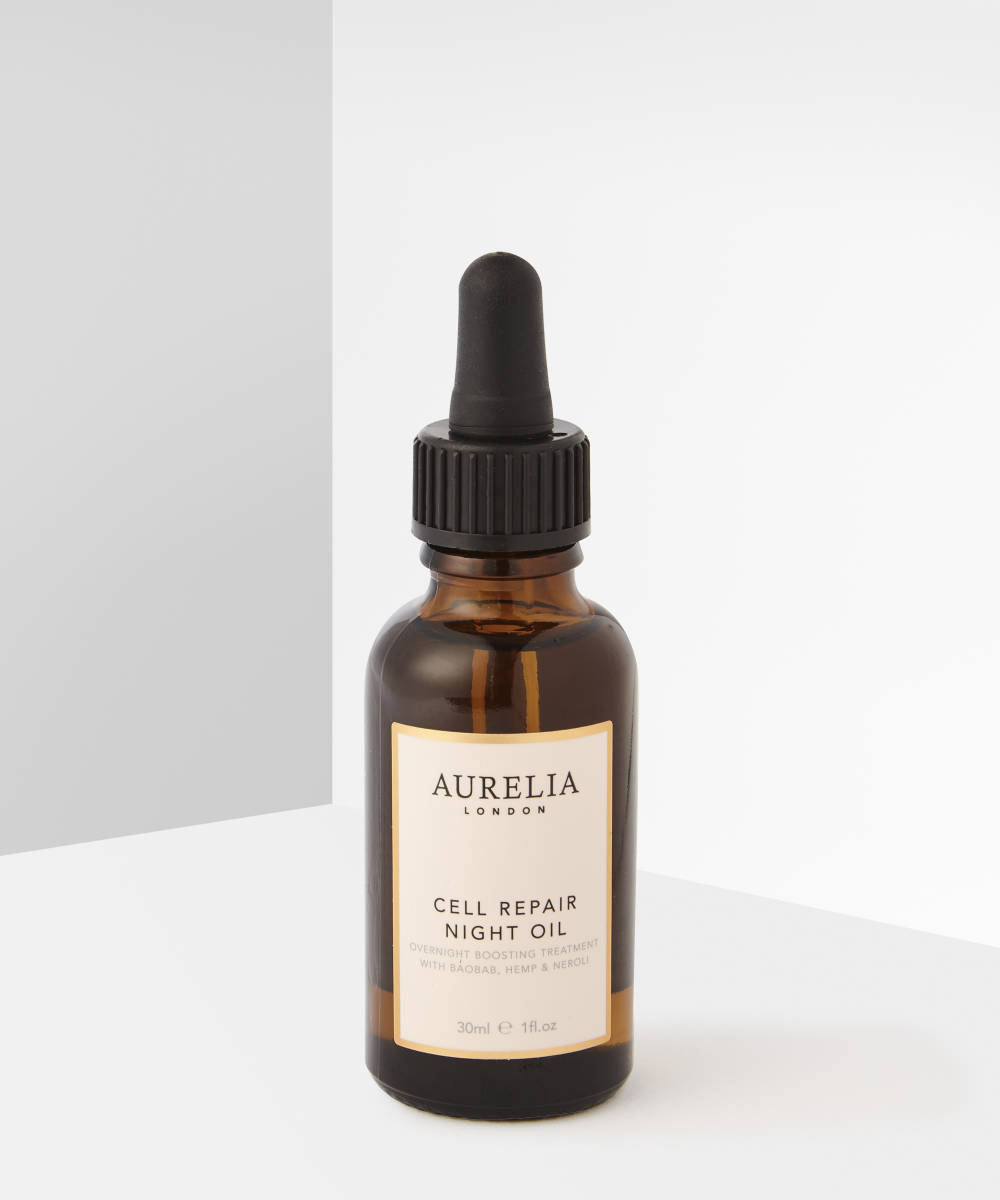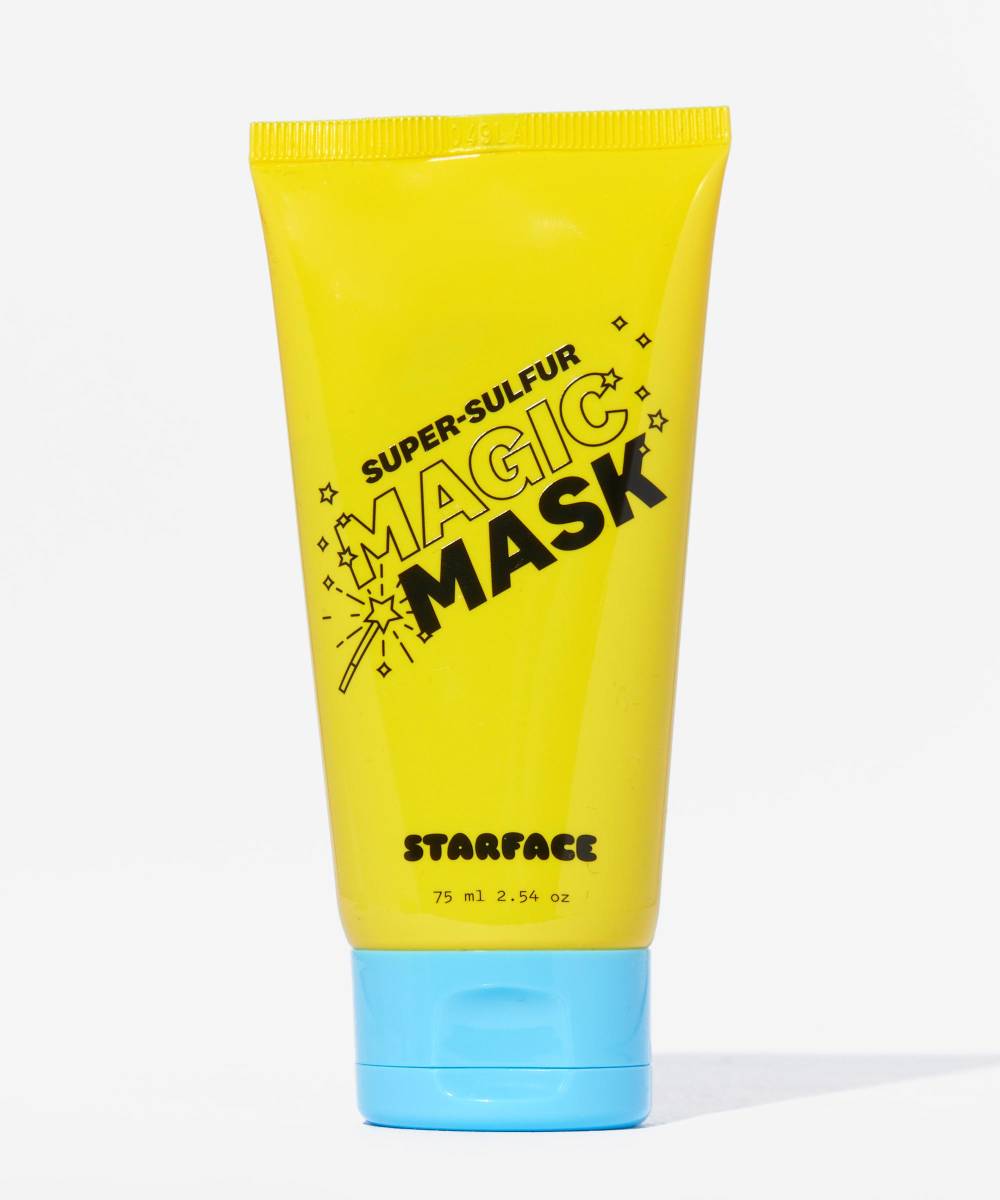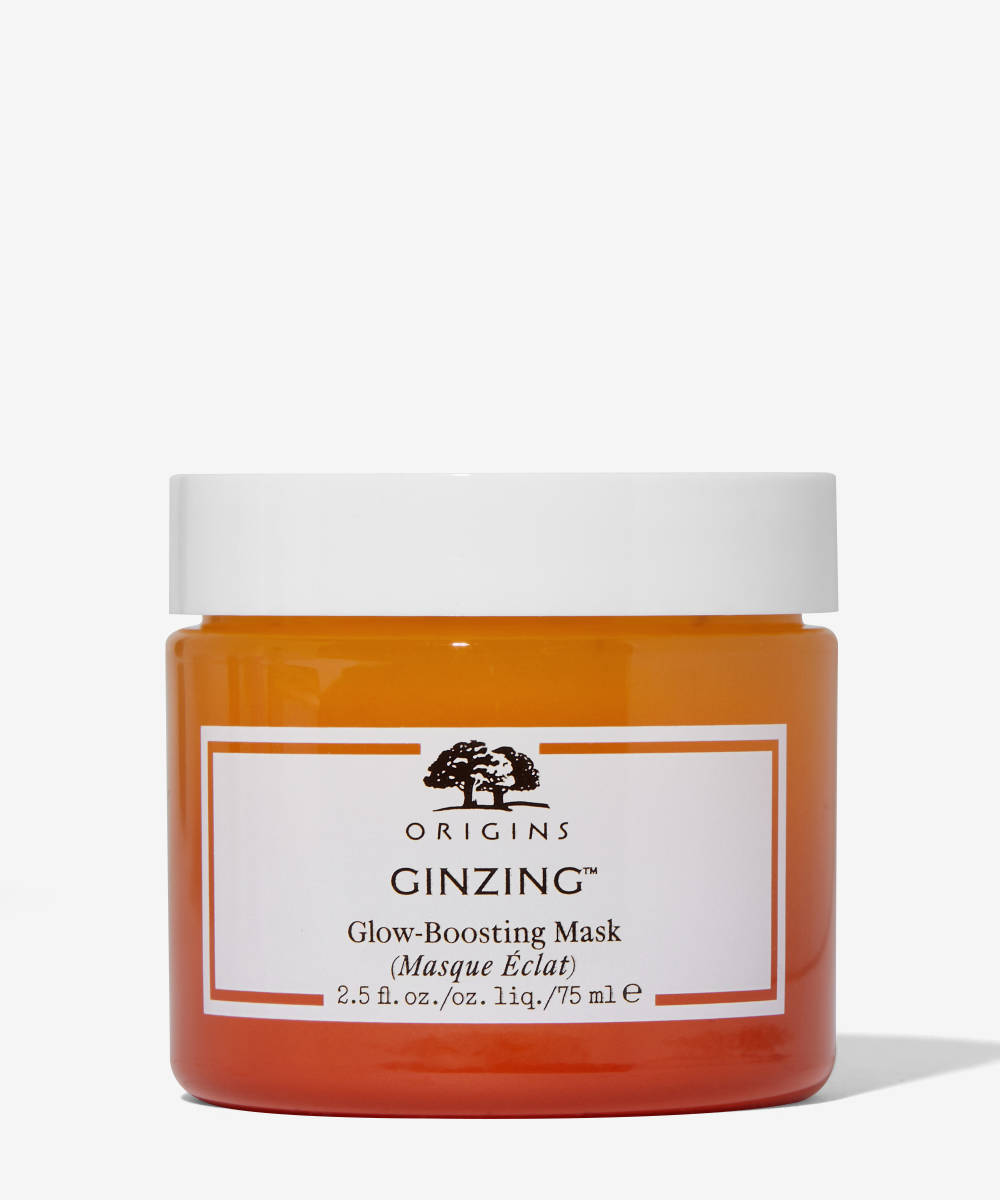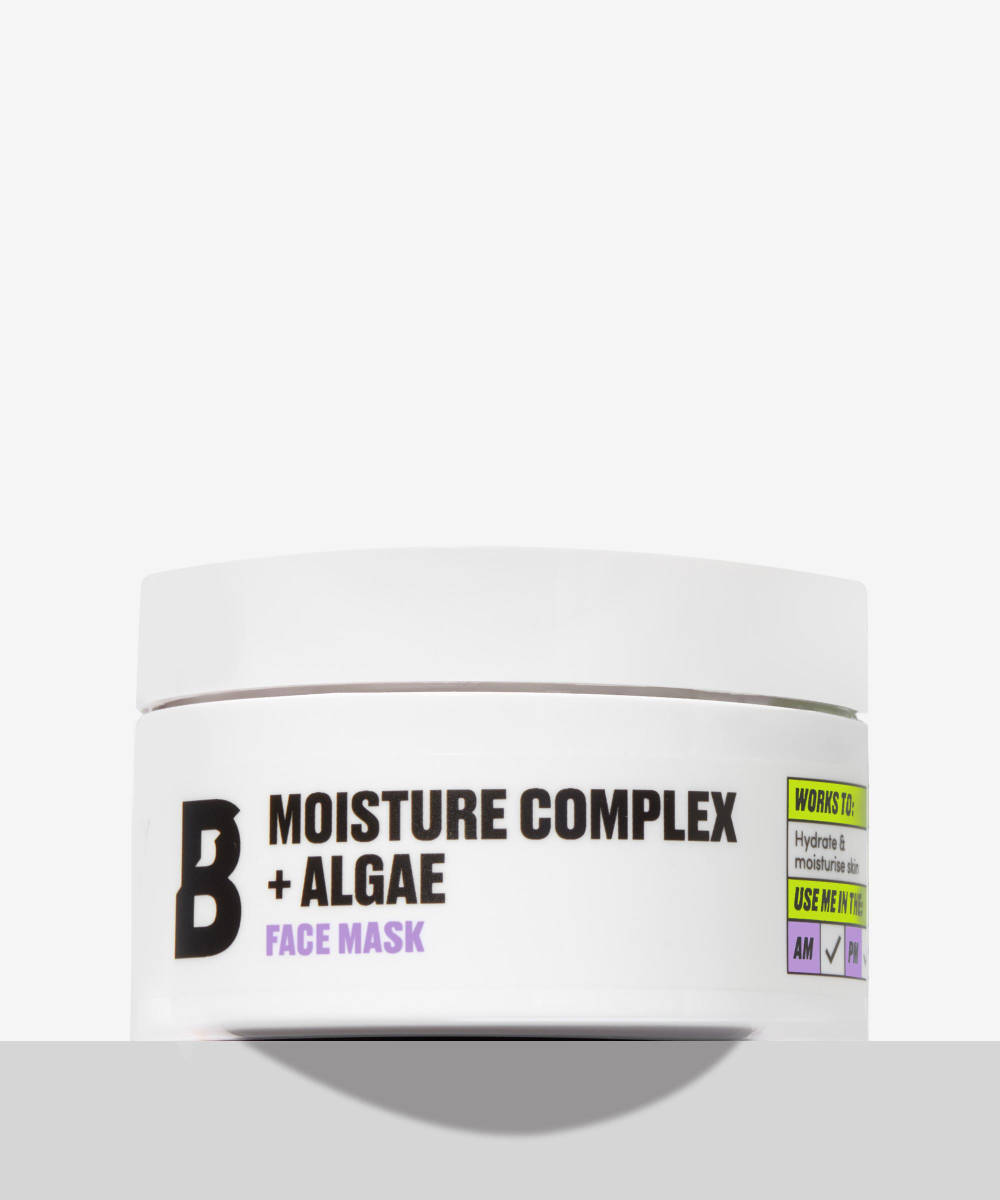When it comes to building a skincare routine, knowing which skincare products work well for your skin and which ingredients you can and can’t mix together might seem like enough of an information overload as it is. But have you also considered that when you apply certain products is also key to their success? While there are not necessarily hard rules about using certain ingredients in the morning or evening (apart from SPF every AM, non-negotiable!), you will get more benefit or have a safer experience, by using certain products and ingredients at specific times or points in your routine.
Scroll down to learn about the best time of day to use your skincare products.
1. When should I apply vitamin C?
Since vitamin C is an antioxidant and helps to protect cells from environmental damage caused by free radicals, it’s best to apply it in the morning and wear it throughout the day. It acts as a shield to help defend skin from damage caused by UV, pollution, and other environmental aggressors. When layered with SPF, the benefits of vitamin C go even further by doubling-up on skin protection.
2. When should I apply SPF?
Just as wearing your raincoat to bed would be pointless, using SPF overnight is no more than a waste of product. In the morning however, SPF is a non-negotiable. UVA and UVB rays are responsible for causing sun damage, which leads to early signs of aging like fine lines and loose skin, can worsen pigmentation and acne scarring, and can cause serious long-term damage leading to skin cancer.
3. When should I apply a hydration serum?
Hydrating ingredients like hyaluronic acid and glycerin can be applied to skin both morning and night to keep skin hydrated around the clock. No matter what your skin type or concerns, it’s an important step that will benefit everyone. It can help to treat dryness, balance oily skin, prevent early signs of aging, and if your skin is hydrated and healthy, it’s better able to heal damage and prevent breakouts.
4. When should I apply niacinamide?
Niacinamide can also be used morning and/or night, but as it’s an antioxidant and can help to control oil and treat breakouts (invisibly!), it is well-suited to a morning routine (just avoid layering it with vitamin C as the two can make each other unstable).
5. When should I apply AHAs and BHAs?
Exfoliating acids like glycolic acid, lactic acid, and salicylic acid are best used in your evening routine as by buffing away the dead skin and exposing fresh, new skin cells, they can increase skin’s sensitivity to the sun. You should always use an SPF the morning after using exfoliating acids – and it’s best not to layer them with other active ingredients like retinol or vitamin C as this can cause irritation.
6. When should I apply retinol?
Retinoids also make skin more sensitive to UV rays, which is one reason why it should only be used in your evening routine (and followed up by SPF the next day). The second reason is that retinol is naturally photo-unstable, which means it breaks down in daylight and becomes less effective, and the third is that as retinol helps to stimulate collagen and improve cell turnover, it works well alongside skin’s natural overnight repair process.
7. When should I apply face oils?
Oils could technically be used day or night, but since they’re typically runny, gloopy, messy, and not at all compatible under makeup, they’re ideal for using at night-time, when you can slather them on thick and leave them to work their magic while you sleep. Oil should always be the final step in your evening routine (after moisturiser).
8. When should I apply face masks?
If you’re getting ready for a special occasion then you might want to do a series of face masks in the morning, before applying your makeup. However, on a regular day, chances are you don’t have time to multi-mask before work. That’s fine, because face masks are perfect for refreshing skin at the end of the day. If you’re treating skin to a deep cleanse, exfoliation, or hydration boost via a mask then you’ll want to leave your skin clear after masking to make the most of these benefits.
